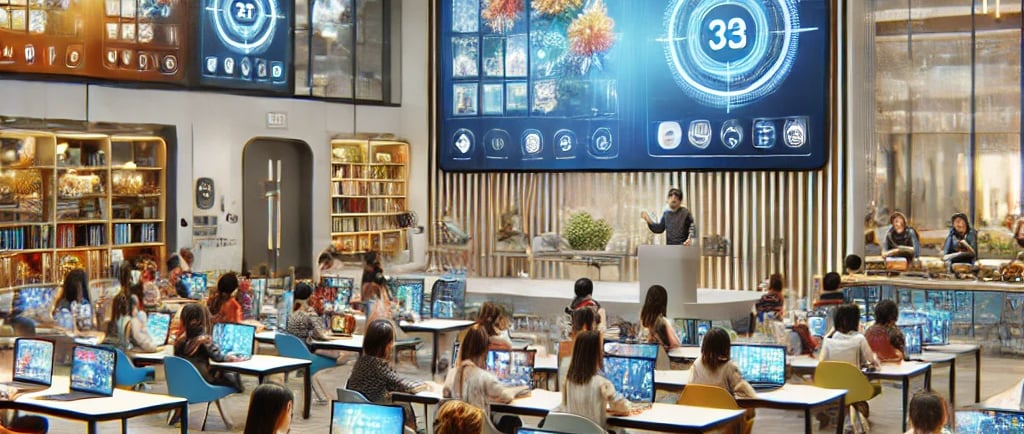What is Politics?
By : romieduu
What is Politics?
Politics is one of the fundamental aspects of human life, relating to the management of power, decision-making, and policy implementation that affects society. In daily life, politics encompasses various activities, from electing leaders to drafting laws that regulate societal life.
Definition of Politics
In general, politics can be defined as the art and science of organizing and managing collective life within a community or state. Politics is closely related to efforts to achieve common goals, such as societal welfare, justice, and security.
According to experts:
Aristotle: Politics is the effort to achieve the common good.
Miriam Budiardjo: Politics is everything related to the process of determining the goals of a system, including the ways to achieve those goals.
Functions of Politics
Politics plays an important role in societal life. Some of its functions include:
Decision-Making: Politics helps determine policies that will be implemented for the community.
Distribution of Power: Politics determines who has the authority to make decisions.
Conflict Management: Politics functions to resolve conflicts between individuals or groups through regulations or negotiations.
Social Control and Supervision: Through politics, society is monitored to ensure compliance with prevailing norms and laws.
Key Aspects in Politics
Power: The ability to influence others and control resources.
Interests: Politics often becomes an arena for advancing the interests of various parties, both individuals and groups.
State: As an institution that is the center of political activity, the state plays a role in governance and law enforcement.
Political Systems
Every country has a different political system depending on its ideology and culture. Examples of political systems include:
Democracy: Power lies in the hands of the people through elections.
Monarchy: Power is held by a king or queen, either absolutely or constitutionally.
Authoritarianism: Power is concentrated in one individual or group without much public participation.
Communism: A system where all ownership is regulated by the state to achieve equality.
The Importance of Politics in Life
Politics influences almost all aspects of societal life, from the economy, education, to health. Without a good political system, it is difficult to create justice, stability, and sustainable development.
However, politics can also have negative sides if misused, such as corruption, nepotism, and abuse of power. Therefore, public awareness is needed to actively participate in politics, such as by electing honest and competent leaders.
Conclusion
Politics is an essential part of life that cannot be ignored. As citizens, we have a responsibility to understand politics, participate actively, and ensure that politics is conducted for the common good. With healthy politics, society can live in harmony and prosperity.


